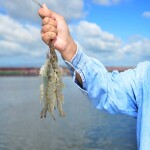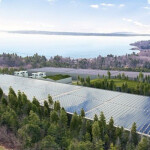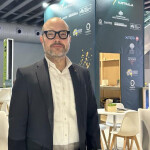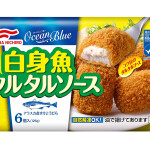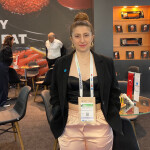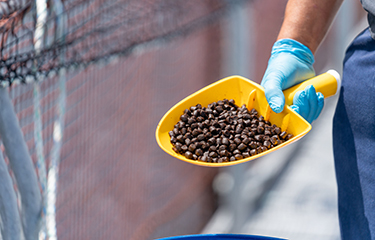Manufacturers belonging to the Japan Fish Feed Association will not meet new Aquaculture Stewardship Council (ASC) feed standards, leaving Japan with only one major fish feed maker that is likely to meet the updated requirements: the Japanese subsidiary of Stavanger, Norway-based Skretting.
The London, U.K.-based ASC launched its new Feed Standard V1.01 on 15 June, 2021, and the standards became effective starting 14 January, 2023, allowing feed mills to apply for certification under the new standard beginning early this year.
In June, The Minato Shimbun newspaper reported that members of the Japan Fish Feed Association, representing most of the aquafeed mills in Japan, will not meet the new standards because its members use fish waste – including trimmings, unsold fish, and other byproducts – collected from distributors and retailers in their production processes.
Because these producers do not separate and track the source of each bit of waste they use, they would not qualify for certification under the ASC’s new traceability rules.
Though the use of waste byproducts in aquafeed is environmentally friendly and reduces waste – Japanese law requires its collection for this reason – it may contain traces of fish of which the ASC does not approve.
“ASC requires all marine ingredients in aquafeed to be assessed for the risk of deriving from illegal, unregulated, unreported (IUU) fishing, use of endangered species, and the risk of being caught using forced or child labor,” the ASC told SeafoodSource. “These risks can only be assessed if traceability is in place. We recognize that byproduct traceability is more challenging, and so some flexibility is offered in the risk-assessment process; however, we likewise aim to ensure these worst practices are not present in supply chains of ASC-certified feed mills. It is a matter of fact that other certification schemes have adopted similar requirements.”
The decision moved the Japan Fish Feed Association, which consists of 12 feed manufacturers, to switch to Marine Eco-Label Japan (MEL) certification – for now.
MEL, however, is also developing its own certification standards for fishmeal, fish oil, and compound feed, and whether MEL’s Aquaculture Eco-Label (AEL) standard is more accommodative than ASC requirements is still unknown.
The updated ASC standards have also left other members of the Japanese seafood industry in limbo.
Photo courtesy of ASC

